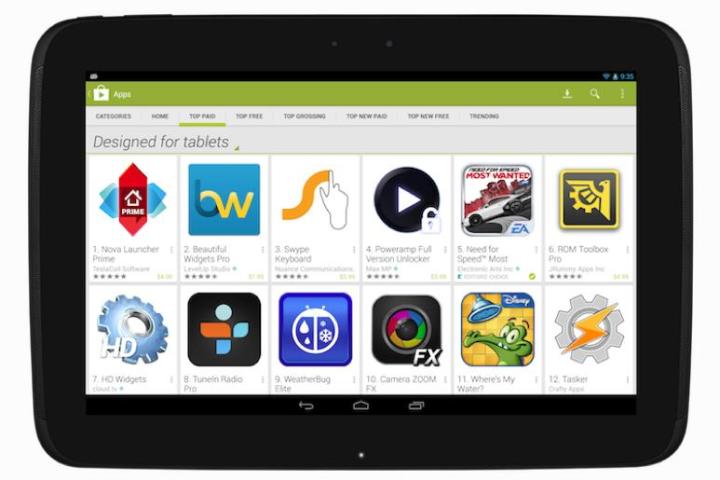
Previously, Android users only had a window of 15 minutes in which to decide if they wanted to keep the app or grab a refund. The extension is obviously a much more reasonable amount of time, and gives you a better chance of deciding if the purchase was a wise one, a decision not always easily made in the space of quarter of an hour, especially with the more complex games or hard-to-master software.
In the early days of Google Play, when it was called Android Market, users had a whole day to change their mind and request a refund, which sounds like a decent amount of time to get bored of a game. Maybe that’s why Google cut the time limit right back.
Related: Google agrees to pay back $19 million to parents for kids’ in-app purchases
To return an app or game for a full refund, open the Play Store app on your mobile device, go to My Apps, select the software you’d like to return, and tap ‘refund.’
Once that’s done, it’s simply a matter of following the on-screen instructions to complete the refund process and uninstall the app or game.
“If the two-hour refund window has not yet passed, Open and Refund buttons will be displayed,” Google says in its updated terms, adding, “If a Refund button is not displayed, your purchase is not eligible for return.”
The Mountain View company also adds that you can’t keep returning a game and reloading it. In other words, you’ll only be able to get a refund once per app or game.
[Via Android Police]
Editors' Recommendations
- How to get Android apps on a Chromebook
- Don’t listen to billionaires like Elon Musk — app stores are fantastic
- Play ‘spot the difference’ with Google’s new Play Store logo
- Google is officially killing yet another chat app
- Google Play improves privacy, payments, and subscriptions


